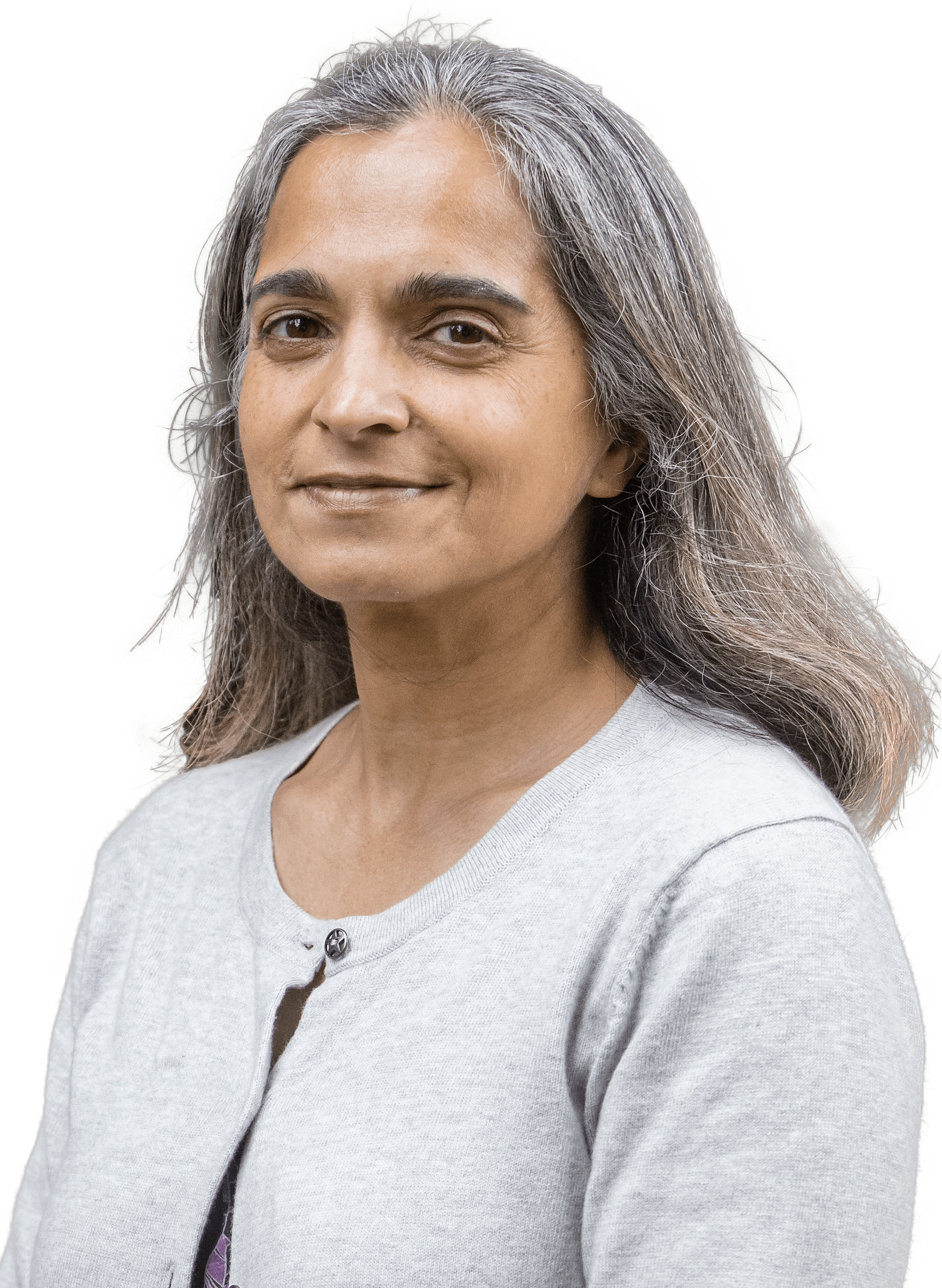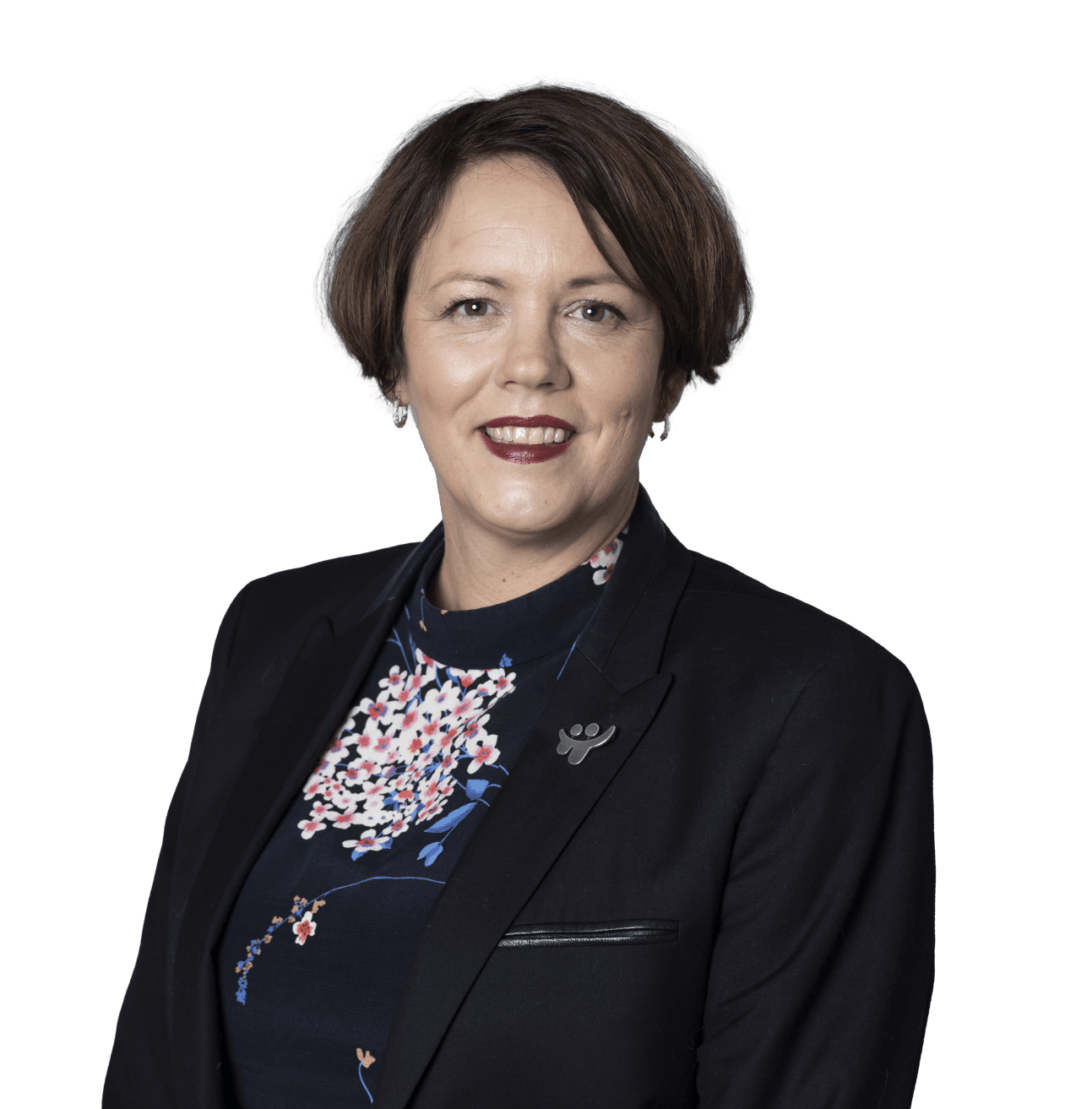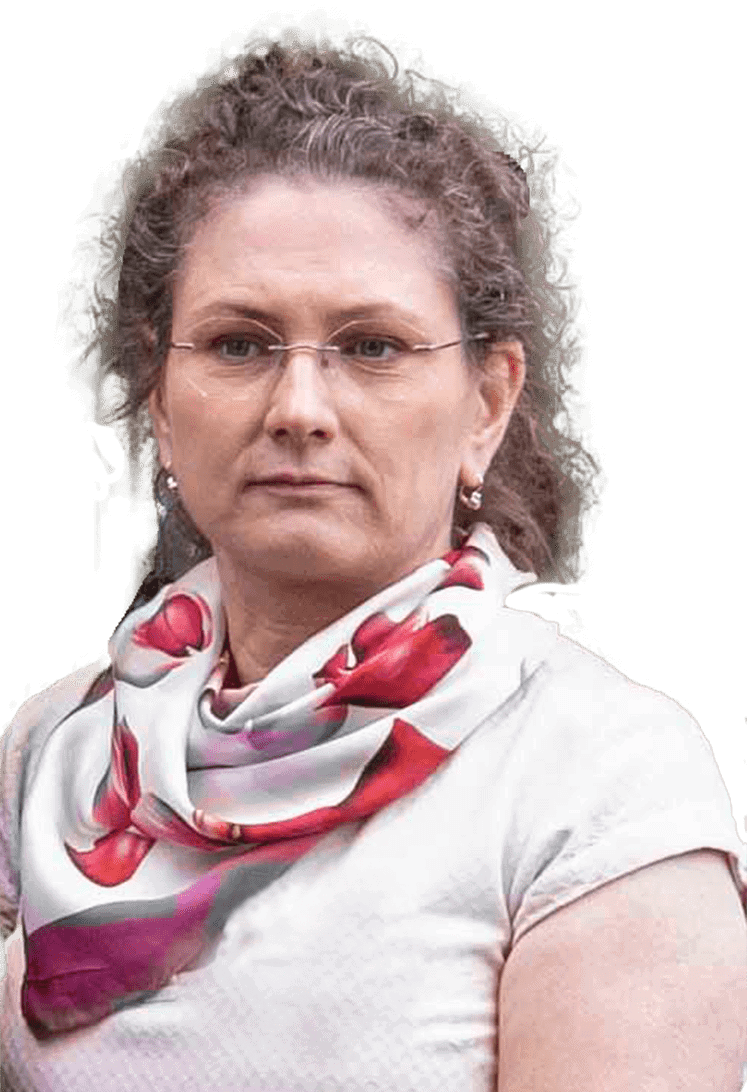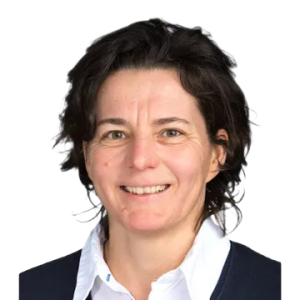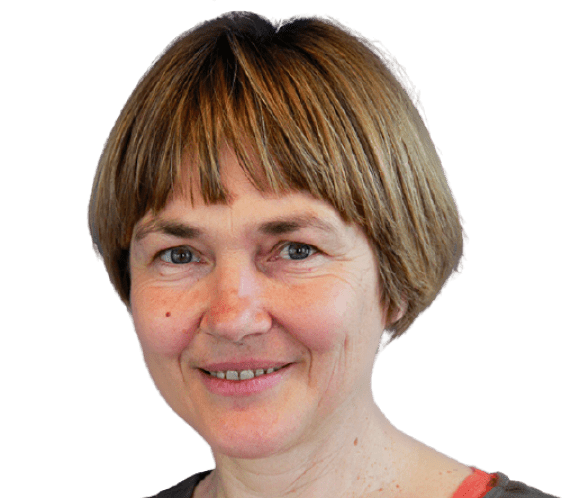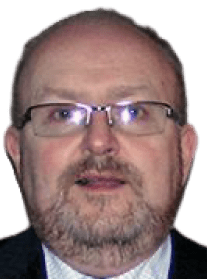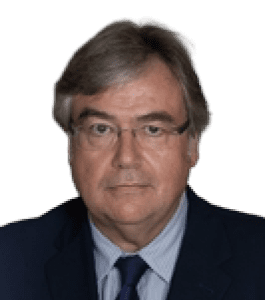Governance
The EuroHealthNet Partnership has two governing bodies: the General Council, which is made up of representatives of Member organisations, and the Executive Board, which is elected by the General Council. It is staffed by a team based in Brussels, Belgium. The EuroHealthNet Partnership consists of Members, Associate Members and Observers.
General Council
The General Council is the highest governing body responsible for formulating EuroHealthNet policy. It consists of member organisations. Each year, delegates of EuroHealthNet member organisations come together. This meeting takes place alternately in Brussels and in one of the represented Member States. Each delegation has a decision-making role in the activities for the next year, and holds the Executive Board and the EuroHealthNet Office to account.
For more information about what the General Council does, read our annual report.
The General Council has the competence to:
- Approve the annual report.
- Approve the annual accounts and budget.
- Elect and dismiss members of the Executive Board.
- Accept and exclude Members and Partners, Associates and Observers.
- Consider and approve the annual work programme and budget on the advice of the Executive Board.
- Approve the level of annual fees.
- Amend the statutes and dissolve EuroHealthNet.
Executive Board
The General Council elects the members of the Executive Board. Board members serve terms of two years, during which they develop annual strategies, work plans, and budgets. An external evaluator informs the Executive Board.
Members of the Executive Board
Former Presidents
Former Directors
Learn more about us




